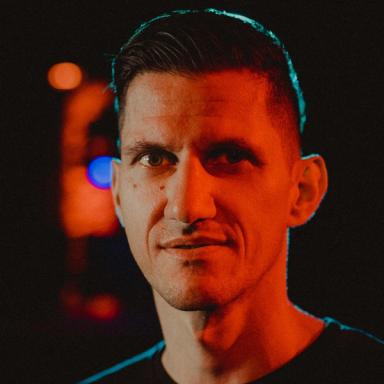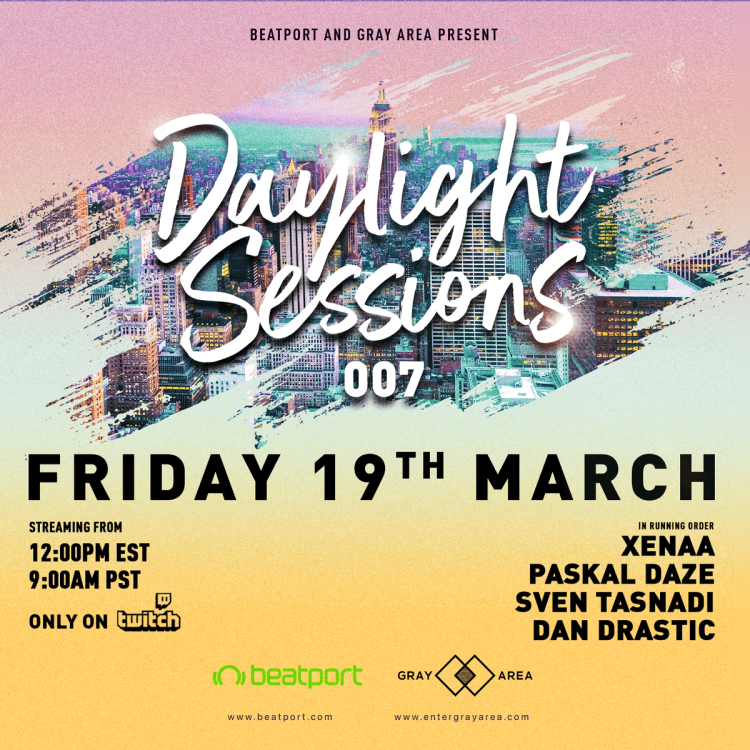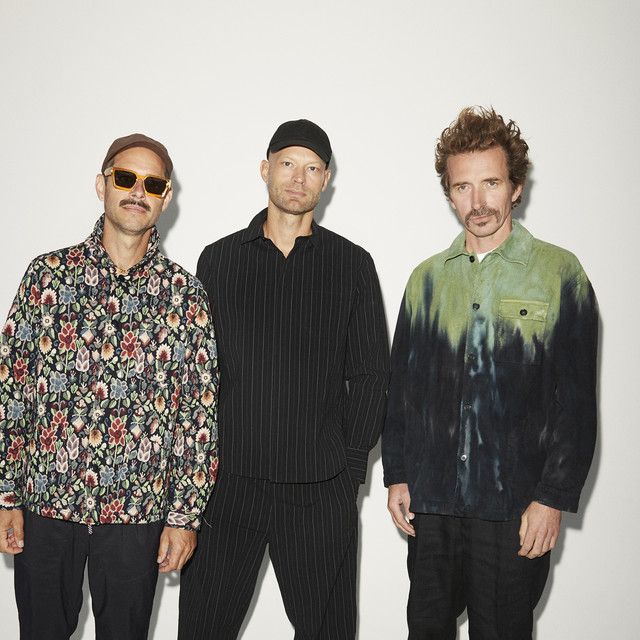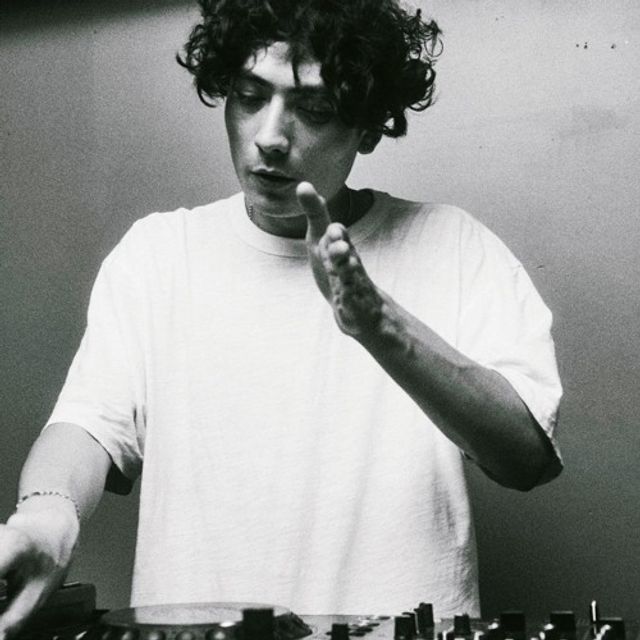Artist Spotlight
The fall of the Berlin Wall in 1989 was more than a political flashpoint. The reunification of Germany sparked a cultural movement that transformed the country into one of dance music's iconic scenes. Sven Tasnadi’s groove is indelibly rooted in the classic sound of house music. And perhaps it’s because he came of age in this storied era when Germany became one scene united under house and techno He says that what first drew him to house and techno was the spirit of the culture. “The first club nights I went to the people was very tolerant, and there was no stress inside or around,” he explains. People at the regular clubs were there for the look and he says, “The feeling inside a techno club or house club was completely different. And that was something that was very important for me at that time back in middle of the 90s.” While he danced to acid and Chicago house records that formed his musical DNA, he began to wonder how it all worked. He wanted to understand how the mixer blended two records so perfectly together. And how a DJ could program a journey with only a crate a vinyl and two turntables. He quickly moved from dancer to DJ. And while there were DJs like Sven Väth that he looked up to, he says he wasn't "inspired" by anyone to DJ. He did it because he was overcome with curiosity. And he wanted to understand how to create the sonic footprint of the club. That sense of curiosity eventually led him to be a shapeshifter in the studio. Tasnadi effortlessly slides between chunky tech-house, heartfelt and soulful deep house, and ethereal trip-hop and ambient. He says, “God, give me the talent to be versatile. So why shouldn't I use this talent?” Not that he’s a big believer in any religious ideology. His parents may have also guided him towards his eclectic taste he says. The music he heard while growing up ranged from Elvis to local German musicians. His parent's wide-spanning tastes informed his music that shifts and melds with his moods. There is a clear sonic pathway that runs throughout his music. Yet he says, “I think it's part of my own style that I have no style.” Tasnadi has long been a fixture of the Leipzig dance scene. And Moon Harbour Recordings, also based in his hometown, has become his imprint of choice since he first released on its sublabel Cargo Edition in 2007. He met Moon Harbour's label owner Matthias Tanzmann in 2005, and they quickly bonded. Tanzmann has always supported Tasnadi’s eclectic spirit. The label has grown from a purely deep house imprint to encompass many of the nascent sounds of classic dance music. And Tasnadi has grown alongside it. The greatest example of this can be found in his 2018 album Bridges. The album was largely collaborative and saw Tasnadi working with artists like Huxley, Supernova, and Moses Medhi. He wrote it as the conversation around immigration reached a fever pitch in Germany. The spirit of tolerance that defined early rave culture has never left him. And he knows the best way to build community is through understanding. “For me, it was always important to build bridges, instead of building walls. And try to talk with each other, try to understand each other. And that's what I tried to show with this album, because I work with a lot of people from different countries. We are all loving the same things. We love our children, we love music, we love to be together. And there are more things that bring us together than divides us. No matter where you're from.”











